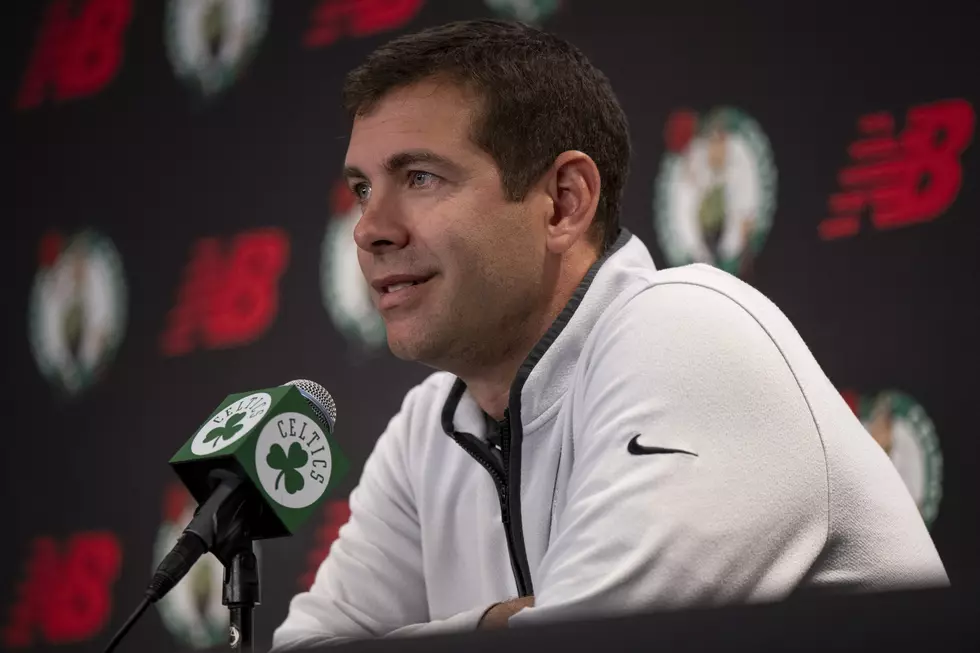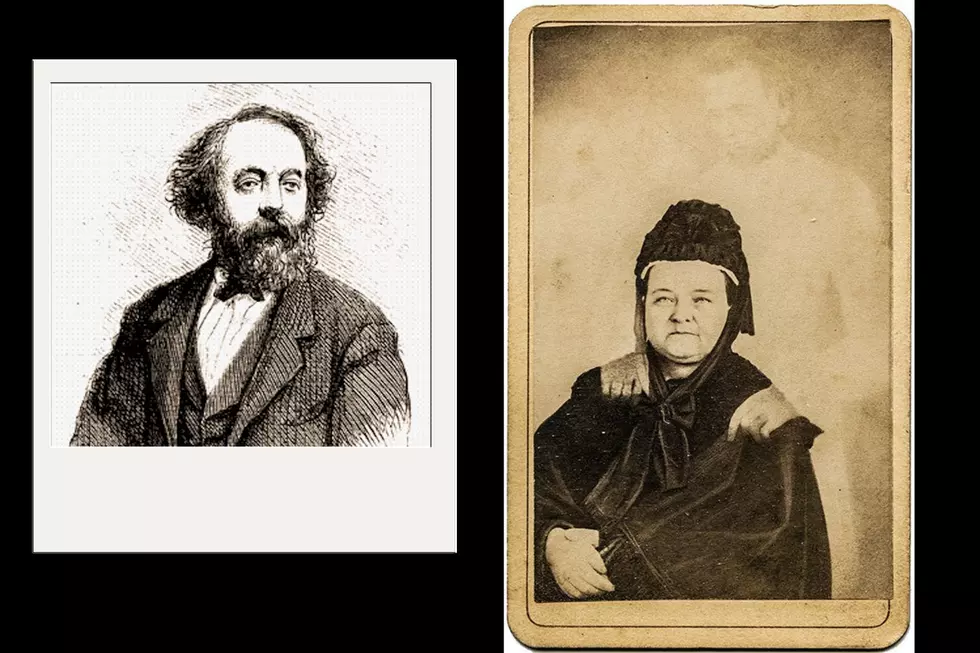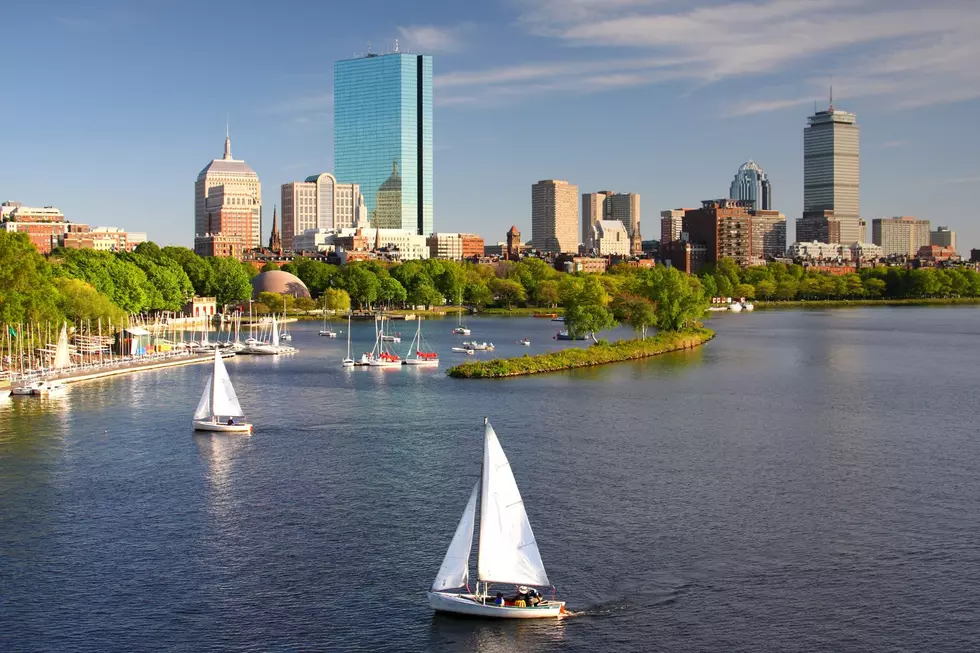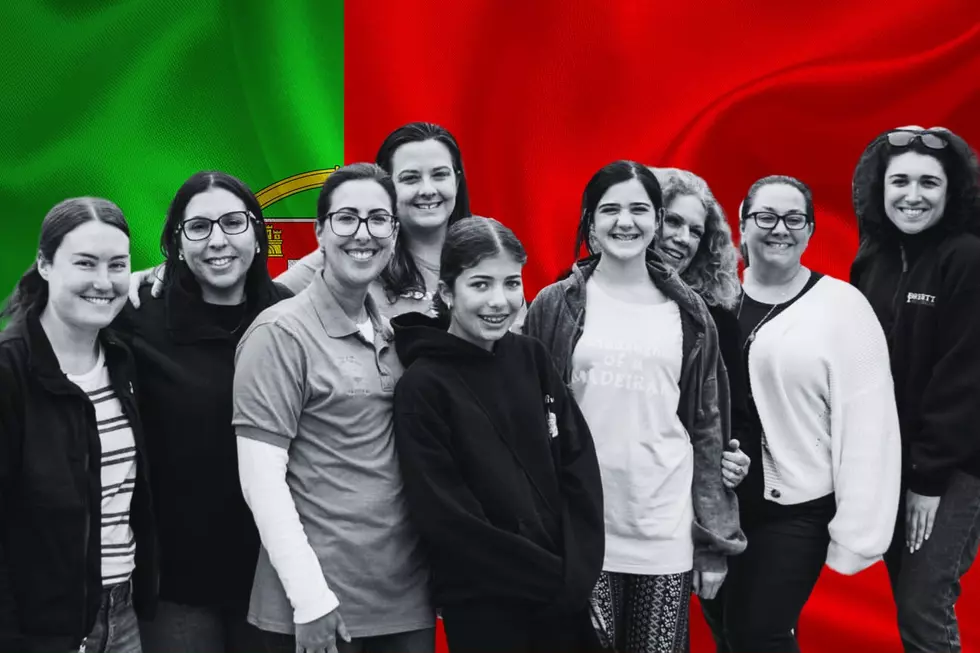
Boston Banned a No. 1 Everly Brothers Hit
Films, books, songs, you name it: if it ran afoul of the Boston Catholic Diocese, chances are good it was banned.
"Banned in Boston" was a phrase often used to market a controversial "something," as it suggested the item was red hot, and that only helped to increase the appeal.
The phrase, most commonly used from the late 1800s to about the mid-1900s, lost its appeal as more things once deemed offensive and outrageous became acceptable to the masses, and the church hierarchy began to lose its influence.
I remember in the '70s hanging the liner jacket to the rock opera Jesus Christ Superstar on my bedroom wall, only to have my Irish Catholic mother accuse me of blasphemy and order it removed.
Who can forget Elvis' hips, the Beatles' music with lyrics that implied drug use, and probably a half-dozen Mae West films that met with the hairy eyeball of the censors and the Church?

By today's standards – and even then – most people would probably cry "overkill" at the decision by the church to "ban" the 1957 Everly Brothers smash hit "Wake Up Little Susie."
The song, written by Felice and Beaudleaux Bryant, appeared on the album The Everly Brothers for Cadence Records. The song, covered by several other artists including Simon and Garfunkel, Donny Osmond and even the Grateful Dead, is listed on Billboard's 500 Greatest Songs of All Time.
"Wake Up Little Susie" hit No. 1 on the U.S. Billboard charts and No. 2 in Britain, no thanks to the Church, which pressured several Boston radio stations to ban the song due to its "suggestive lyrics."
The song is about a teenage boy and his girlfriend who go to the drive-in movies only to fall asleep and wake up at 4 a.m. – long past their curfew – and find themselves "in trouble deep!"
Crazy, but true.
Imagine if those same church leaders got a whiff of some of the stuff on the air these days.
5 Banned Songs by Loretta Lynn
LOOK: Here are the pets banned in each state
More From WFHN-FM/FUN 107









